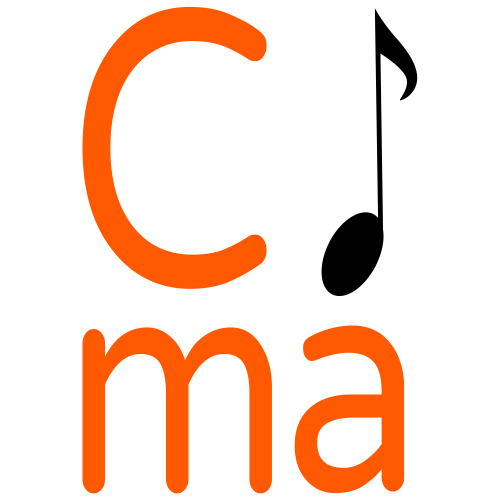Exploring effects of Generation Management in Music and Art
By Irma de Jong
Today we have more different generations working in companies, conservatories, universities and orchestras, than before. In fact, in the year 2020, we'll have 5 different generations all together on the work floor. The differences are very much determined by the latest 20 years of developments in technology and digitalisation. Especially the internet has changed our society drastically. So how could generation management serve us?
Age awareness and different attitudes
Generation Management is a framework to explain the different type of generations we have in our society and how they act and communicate. The scheme is based on age awareness and serves to understand the different groups. For sure you've heard about Baby boomers and the millennials. Let me give you an example connected to the arts.
Orchestras: a micro bulb of different ages!

Violinist Carl Gleysteen,celebrated his 100th birthday. He is the oldest member of the UWM University Communtiy Orchestra that has around 130 members ranging in age from teenagers to retirees, with quite a few UWM students. © Michael McLoone
I remember vividly from my time at the orchestra, that at some point a first leader was appointed to the horn section. A young woman, only 23 years old. She had a terrible time. The others, all around 40 by then, had a lot of trouble accepting a young first horn player. She had a tough time to obtain that position. Now we are 20 years further, and this is not such a big deal anymore. In fact, the latest trend is to hire very young conductors in their twenties and for an orchestra, it became quite normal and accepted.

Young conductor Mirga Grazinte-Tyla
Different behaviour
A couple of years ago, I was working for a summer music festival in Switzerland. We had two young women in their twenties at the office, a board with people from 55 to 75 years old, and some volunteers in the management team, who were all retired. You can imagine the differences we had when discussing for example what kind of poster we should make. Or how the website should look. When we had our weekly meeting it would take hours, repeating things all over again, and making my young colleagues fall asleep.
Overcoming age gaps
When we finally discussed at some point how we could improve this to make it workable for the whole group, it was not easy to make the older generation understand that a quicker and different approach would be more effective. They tend to react like “we are older, thus have more experience and we have done meetings in this way for many years, it always worked."

Digital immigrants
Understand with whom you're dealing
Understanding with what age/personality you deal, will help you quickly to find out how to communicate. For example, I myself belong to the Generation X. We are considered as the digital immigrants, in other words, born before the widespread adoption of digital technology. I am used to receiving official messages by email from people that want to present themselves.
Whatsapp, Messenger or email?
In general, I keep Whatsapp, FB and phone messenger for more personal contacts, or at least for people that I got to know already a little better. I really don’t like, when people find me on LinkedIn, the business platform, they approach me right after on FB, sending a personal message or even worse, a wave (I really wonder who invented this...)

For a person of the Generation Y or better known as the Millennials, it would be probably very normal. But for me, there is still a sort of “get to know each other a little better” before we can move on. I would be curious to hear how this works for you.
Interested to know more?
Maturists, Baby boomers, Generation X, Y, Z, the Pragmatic Generation and the millennials will have to work together on overcoming age gaps, determined by the latest 20 years of developments in technology and digitalization; causing significant differences in communication and interacting.
I listed the different generations, their habits, attitudes and ways of communication in one chart. Send me a PM if you'd like to receive it!
Irma de Jong - Artists and Project Manager
Self-Management for Musicians - Cicerone Music & Art
